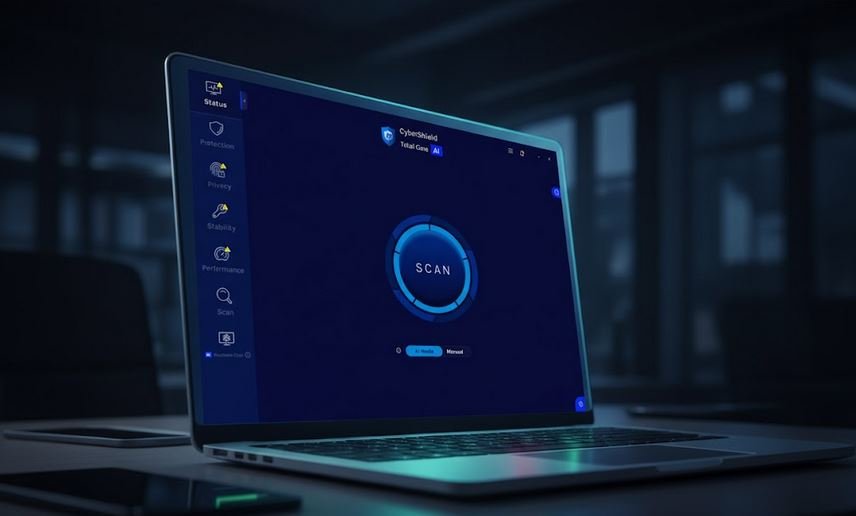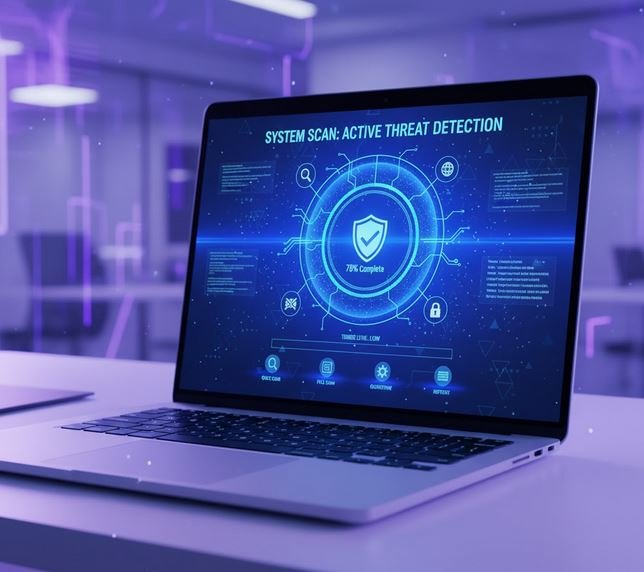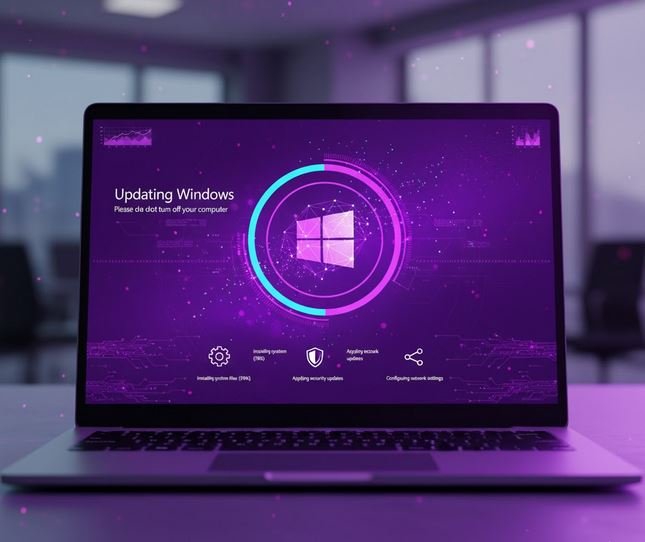
The Evolution of Antivirus: Beyond the Daily Scan
1. The Indispensable: Real-Time Protection (Always On!)
This is the bedrock of modern antivirus protection, and it should absolutely be running 24/7, every single day.
What it does: Real-time protection, also known as "on-access scanning" or "resident shield," constantly monitors your computer for suspicious activity. It automatically scans files as they are opened, downloaded, copied, or created. If a known threat or a suspicious behavior pattern is detected, the antivirus immediately blocks it, quarantines it, or alerts you.
Why it's crucial: This proactive defense stops malware before it can infect your system. It's your immediate bodyguard against viruses, ransomware, spyware, and other malicious software trying to sneak onto your computer via emails, downloads, or malicious websites.
Action: Ensure your antivirus software's real-time protection is always enabled and never disabled unless for specific, temporary troubleshooting.

2. The Smart Practice: Regular Scans (Weekly is Usually Sufficient)
Quick Scans: Many antivirus programs run quick scans automatically, often daily or after definition updates. These scans target the most common infection points like system memory, startup files, and temporary internet files. They are fast and minimally disruptive.
Recommendation: For most home users, a weekly full system scan is a highly recommended best practice. Schedule it to run during off-peak hours (e.g., overnight or when you're away from your computer) to avoid performance slowdowns.

3. The Unsung Heroes: Automatic Updates
What it does: Antivirus companies constantly research new threats and update their "definition files" (signatures of known malware) and behavioral analysis engines. Automatic updates ensure your software has the latest intelligence to detect emerging threats.
Action: Confirm that your antivirus program is configured to update itself automatically, ideally multiple times a day.

The Bottom Line
So, are you using antivirus protection daily? Yes, absolutely, in the sense that its real-time monitoring and automatic updates should be constant. But for full system scans, a weekly schedule strikes the perfect balance between thorough protection and system performance for the average user.
Stay vigilant, stay updated, and let your antivirus do its job in the background to keep your digital life secure.
 Like
0
Like
0
 Dislike
0
Dislike
0
 Love
0
Love
0
 Funny
0
Funny
0
 Angry
0
Angry
0
 Sad
0
Sad
0
 Wow
0
Wow
0